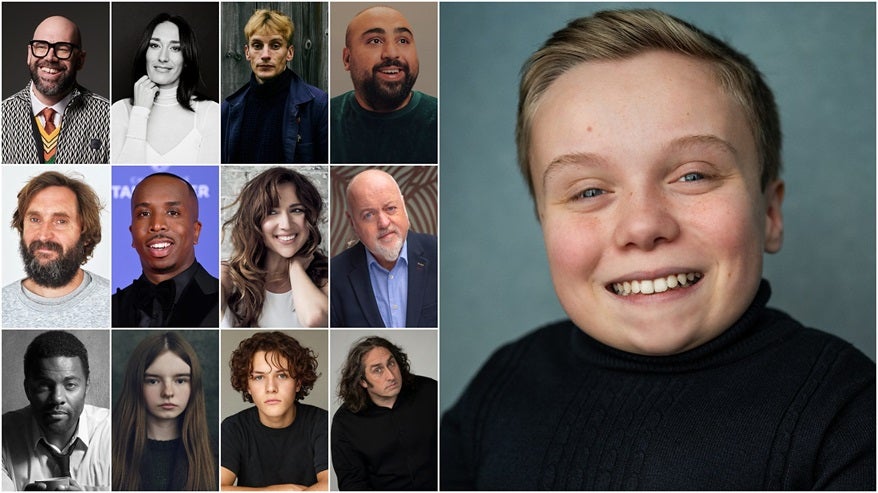ScreenSkills chief: UK risks losing number one creative status
ScreenSkills chief Seetha Kumar has warned that the UK creative sector risks losing its status as a global leader if the growing skills gap is not tackled urgently.
Speaking to the Lords communications and digital committee, Kumar warned that the sector”s exponential growth is creating problems including show jumping, in which talent is poached by rivals during production, as well as mid-tier individuals being stepped up too soon.
“We”ve had a lot of projects that have been greenlit without an accompanying skills plan,” she said. “We are world leaders in terms of investment but actually, we could lose it all.”
In the summer, ScreenSkills reported that the film and high-end TV sector would be worth £7.7bn by 2025, requiring nearly 21,000 extra staff to meet the demand as Kumar warned that the growing skills gap is “the single biggest inhibitor to growth”.
She advocated for more vocational paths into the workplace. “There”s over 4,000 creative courses and yet employers are saying they”re struggling to recruit,” she added.
Kumar was joined on the panel by CBI head of education and skills Robert West and British Academy director of policy Dr Molly Morgan Jones.
West said that labour and skills shortages are the primary issue faced across the creative industries.
“Reskilling and upskilling people currently working is the biggest game in town,” he said. “It”s critical that we address labour and skills shortages more seriously.”
He added that creative businesses are currently too focused on the short term and must turn their attention to improving career development opportunities for freelancers and their staff.
Jones suggested that employers should look at ‘horizontal” skills, recruiting people with backgrounds in humanities and social sciences, whose critical thinking, analysis and research skills can be easily transferred.
“We”re also seeing universities closing or being asked to justify ‘low value” arts courses, but the demand for creative graduates shows that there is a real disconnect,” she added.
This article first appeared on our sister site, Broadcast.
Share this Article















